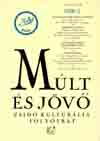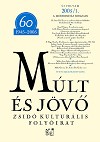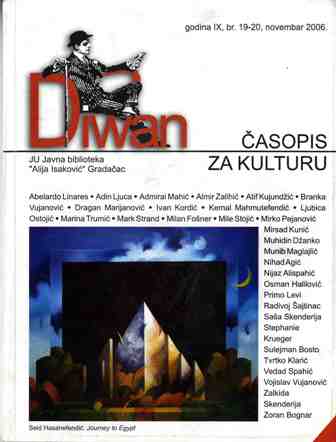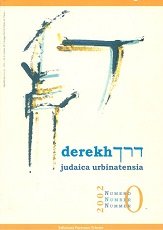Author(s): Susan Stern / Language(s): English
Issue: 0/2002
In 2000, I was commissioned by Inter Nationes to update my 1997 brochure on Jews in Contemporary Germany. I submitted the following article in early 2001. Unfortunately, Inter Nationes felt that my new version was too long and too inflammatory; they felt that it might end up annoying too many people. So the Inter Nationes version which has since appeared in several languages is greatly abridged. This ‘original’ version reflects my own opinions, and has not been ‘politically corrected’. I believe, however, that it presents a more comprehensive, better balanced and ultimately more positive picture of Jews in Germany today.
THE QUESTION COMPLEXES
There are so many aspects to the ‘Jews in contemporary Germany’ theme that I find it practical to group them into three complexes. The first complex concerns Jews among themselves, and I call it ‘Germany’s Jews’. Who are the Jews living in Germany now, the remaining ‘establishment’
(the postwar, pre-unification community) and the newcomers? How and how well do they coexist? What are the major internal issues confronting the Jewish community today, and what is likely to be the future of Jewry in Germany?
It is the second question complex which tends to attract the most attention, both within Germany and outside the country: ‘Jews and non-Jews in Germany’. How come there are still any Jews at all living in Germany after the Holocaust? How do these Jews get along with the Germans (a loaded question if ever there was once, since it assumes that Jews are not Germans, and Germans are not Jews) and vice versa? What role does anti- Semitism play in Germany, assuming that it does play one? What do the Jews living in Germany perceive as the major issues confronting their relationship with the ‘outside world’ – that is, with anybody and everybody who is not a Jew living in Germany, and in particular, with Jews living in the United States?
And this last question brings us to the third complex, since we are back to considering Jews among themselves, this time not just within Germany but across the Atlantic. I call this complex ‘the American factor’ and extend it to include the current state of the so-called German-Jewish
dialogue. This too is a loaded concept, complicated by the fact that the ‘Germans’ in this case are automatically non-Jews, and the ‘Jews’ are usually American Jews.
In the pages to follow, I shall try to give a brief overview of all three complexes. The first is probably the most interesting, if only because only the people concerned, the Jews living in Germany, know anything much about it. Certainly, the internal Jewish complex is generally little known to, and even less understood by, the rest of the German population. For the most part, the rest of the world, including other Jewish populations, either have no interest in the topic, or have erroneous ideas based on myth and prejudice. I shall therefore start with the Jews among themselves.
More...




